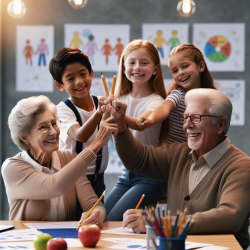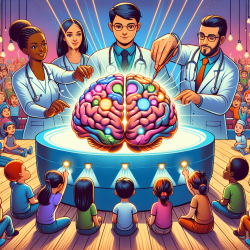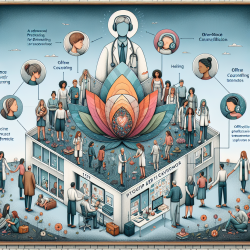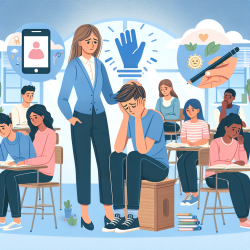Introduction
In today's rapidly aging society, finding meaningful roles for older adults post-retirement is crucial. The Experience Corps program offers a promising solution by engaging seniors in volunteer roles that enhance children's academic success while promoting the health of the volunteers themselves. This dual benefit model has been the focus of a recent study, which provides valuable insights for practitioners seeking to improve their skills and expand their impact.
Understanding the Experience Corps Model
The Experience Corps program is designed to leverage the skills and experience of older adults to address unmet societal needs, particularly in education. By placing seniors in volunteer roles within public elementary schools, the program aims to improve children's academic performance and classroom behavior. Simultaneously, it seeks to enhance the health and well-being of the volunteers through increased physical, cognitive, and social engagement.
Key Findings from the Study
- Improved Academic Outcomes: The study found that children in schools with Experience Corps volunteers showed significant improvements in reading achievement and classroom behavior. This was attributed to the consistent support and mentorship provided by the volunteers.
- Enhanced Senior Health: Volunteers experienced decreased disability in mobility and improvements in social and psychological engagement. The program's structure, which includes a minimum of 15 hours of volunteering per week, provides a "high dose" of health-promoting activities.
- Community Impact: Schools reported improved climate, teacher morale, and retention. The presence of a critical mass of volunteers created a supportive environment that benefited both students and staff.
Implementing the Experience Corps Model
For practitioners looking to implement or adapt the Experience Corps model, the study highlights several critical components:
- Training and Support: Volunteers undergo comprehensive training to prepare them for their roles. Ongoing support and refresher training help maintain engagement and effectiveness.
- Community Partnerships: Successful implementation requires collaboration with local schools and community organizations. These partnerships ensure that the program meets the specific needs of the community.
- Focus on Impact: The program's design emphasizes meaningful roles that have a high impact on children's academic success and volunteer health. This focus on impact helps attract and retain volunteers.
Encouraging Further Research
While the Experience Corps model has demonstrated significant benefits, there is still much to learn about optimizing its implementation and expanding its reach. Practitioners are encouraged to conduct further research to explore the long-term effects of the program on both seniors and students, as well as to identify best practices for scaling the model to different communities.
To read the original research paper, please follow this link: Experience Corps: A dual trial to promote the health of older adults and children's academic success.










